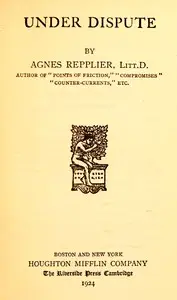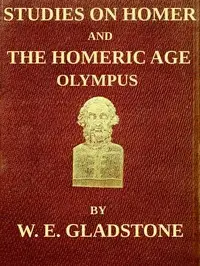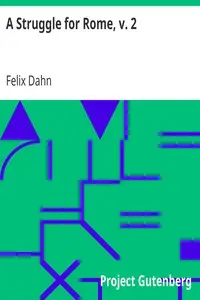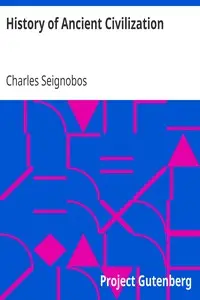"The Chronology of Ancient Kingdoms Amended" by Sir Isaac Newton is a historical account written in the early 18th century. This work focuses on the chronological history of various ancient kingdoms, refining and correcting the timelines established by earlier historians. The book delves into the lineage and reigns of notable kings and civilizations, including the Greeks, Egyptians, Assyrians, and others, as it aims to clarify the ambiguities surrounding their historical timelines. At the start of the text, Newton presents a preface, acknowledging the work done in the historical study to Her Majesty and expressing admiration for the late author's intellect and contributions. This portion also includes an introduction to the content, examining the confusion and contradictions in the ancient chronological accounts, especially those from Greek and Roman sources. Newton seems to set the stage for a detailed exploration by cataloging significant events and rulers, ultimately providing a deeper understanding of the history and chronology that predates and influences the known histories of Europe and the Mediterranean region. (This is an automatically generated summary.)
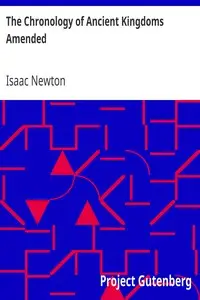
The Chronology of Ancient Kingdoms Amended To which is Prefix'd, A Short Chronicle from the First Memory of Things in Europe, to the Conquest of Persia by Alexander the Great
By Isaac Newton
"The Chronology of Ancient Kingdoms Amended" by Sir Isaac Newton is a historical account written in the early 18th century. This work focuses on the c...
Sir Isaac Newton was an English polymath active as a mathematician, physicist, astronomer, alchemist, theologian, and author who was described in his time as a natural philosopher. He was a key figure in the Scientific Revolution and the Enlightenment that followed. His pioneering book Philosophiæ Naturalis Principia Mathematica, first published in 1687, consolidated many previous results and established classical mechanics. Newton also made seminal contributions to optics, and shares credit with German mathematician Gottfried Wilhelm Leibniz for formulating infinitesimal calculus, though he developed calculus years before Leibniz.








